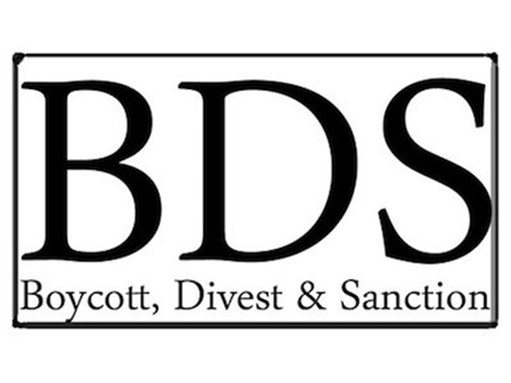[The following statement was issued by Jordan BDS on 28 September 2016 in reaction to the announcement that the national electric company in Jordan had signed a gas importing agreement with an Israel energy company.]
(September 28, 2016) Amman—Jordan BDS (Boycott, Divestment and Sanctions against Israel) expresses outrage and absolute opposition to the signing of the gas deal between Jordan and Israel.
The deal which was signed on September 26th, 2016 between Nobel Energy on behalf of the Israeli side and The National Electric Power Company Ltd. (NEPCO) on behalf of Jordan to import gas from the Leviathan field off the shores of Haifa goes into effect in 2019. By which Israel will supply NEPCO with 300 million cubic feet of natural gas per day for 15 years for 10 billion dollars.
Jordan BDS categorically rejects the agreement for strategic, economic and moral reasons as it ties Jordan’s energy, economic and political security to Israel for the coming 15 years.
Signing this agreement blatantly ignores the will of the Jordanian people who principally and unequivocally rejected the agreement through two years of demonstrations across the country, national petitions signed by Jordanians and their political parties, trade unions and civil society organizations.
Moreover, the government completely disregarded the wishes of the Jordanian people whose representatives in parliament voted in an overwhelming majority in December 2014 to reject the deal and cancel the memorandum of understanding back then.
This agreement poses strategic danger to Jordan and its economy through creating dependence on Israel’s supply of natural gas for a large part of its energy needs. Moreover, it will allow Israel to control the gas supply infrastructure giving it the upper hand in the overall energy supply in Jordan posing a great threat to Jordan’s independence and sovereignty.
We question the wisdom behind depriving the Jordanian labor market of job opportunities that 10 billion dollars marked for Israel in this agreement could create for Jordanians in who are suffering of poverty and struggling to secure their livelihoods in an already burdened economy.
This agreement means that Jordan will finance with its citizens’ money Israel’s continuing colonial settler project that manifests itself daily in the appropriation of Palestinian lands, the destruction of Palestinian towns, homes and lives and Israel’s expansionist ambitions which affect all its neighbouring countries not the least of them Jordan.
It will provide the opportunity to break the increasing international isolation due to world wide boycott efforts. Breaking Israel’s isolation emboldens Israel in its colonial settler expansionist endeavours
There are many alternatives to importing natural gas from Israel. Currently the Liquefied gas terminal in Aqaba is fulfilling all of Jordan needs from Natural gas by importing liquefied gas at the competitive market price from suppliers all over the world. This is not to mention renewable energy projects, which have been underway in Jordan for a while and have a lot of potential to provide Jordan with sustainable sources of energy.
We call on the Jordanian government to:
- Reject an agreement that fails to meet Jordan’s long-term interests and poses a strategic threat to Jordan’s national security.
- Listen to its people`s sentiments towards normalization with Israel and their absolute rejection of placing their economic welfare under the mercy of a state that violates international conventions and human rights laws.
- To continue to diversify and invest in energy projects aimed at utilizing Jordan’s own natural resources to and continue with supporting renewable energy plans.
Our people and future generations will be best served if all options were diligently explored, save the one that hands Israel a strategic victory and potentially puts our future under its mercy.
















